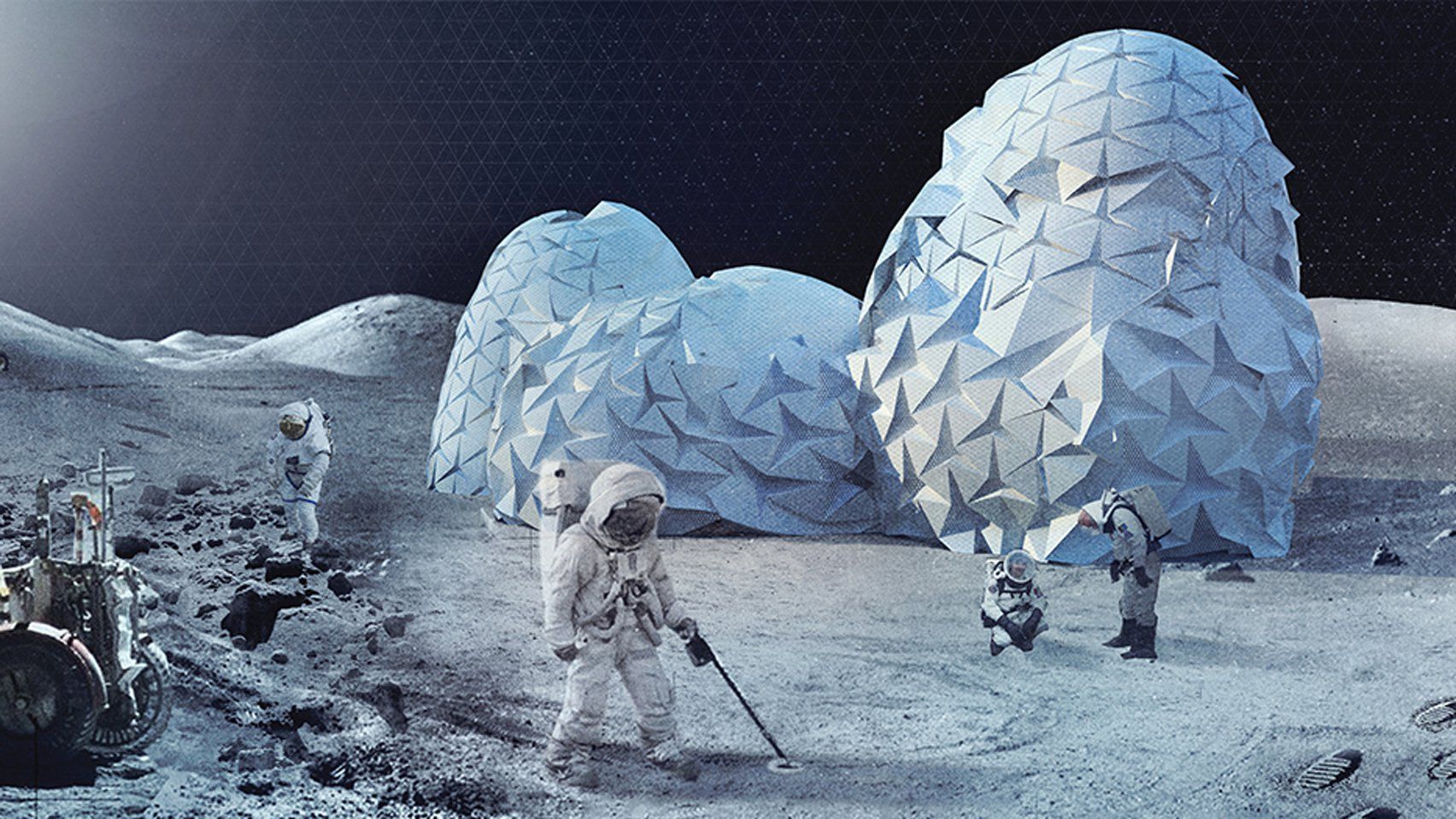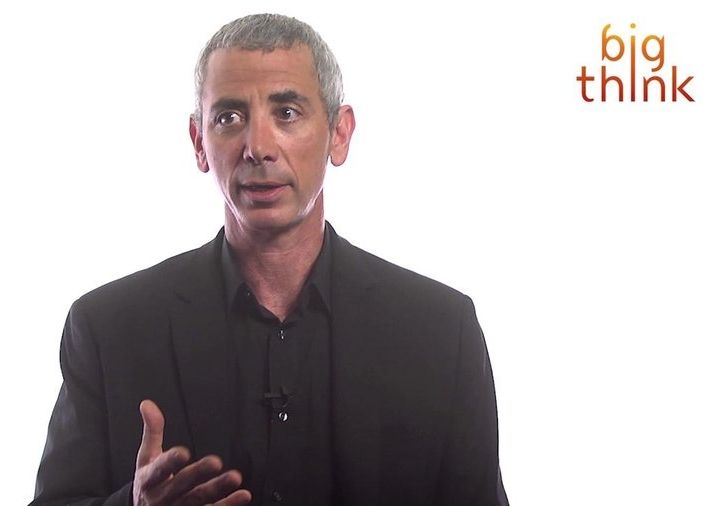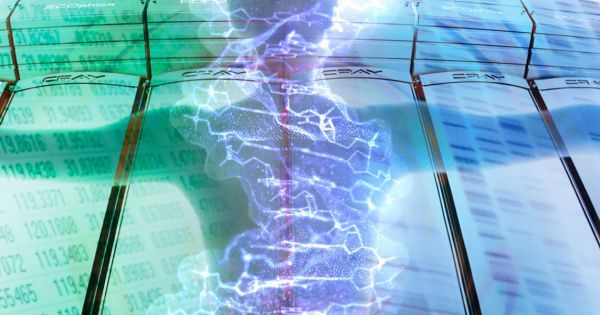Jan 17, 2017
Twist Bioscience Supplying 3.2kB Genes to Ginkgo Bioworks
Posted by Klaus Baldauf in categories: bioengineering, biotech/medical
— longer synthetic DNA accelerates customer discoveries —
SAN FRANCISCO, Calif. – January 10, 2017 – Twist Bioscience, a company accelerating science and innovation through rapid, high-quality DNA synthesis on silicon, today announced that it is now shipping genes up to 3,200 base pairs (3.2 kilobase or kB) in length to Ginkgo Bioworks under their existing supply agreement.
“Twist Bioscience continues to deliver record volumes of the highest-quality DNA to advance our organism engineering efforts, meeting or exceeding our aggressive timelines,” said Jason Kelly, CEO and co-founder of Ginkgo Bioworks. “With the availability of synthetic genes up to 3.2kB from Twist, we are able to expedite the rapid prototyping of organism designs to generate cosmetics, nutritional ingredients, flavors, fragrances and other important ingredients.”
Continue reading “Twist Bioscience Supplying 3.2kB Genes to Ginkgo Bioworks” »


















